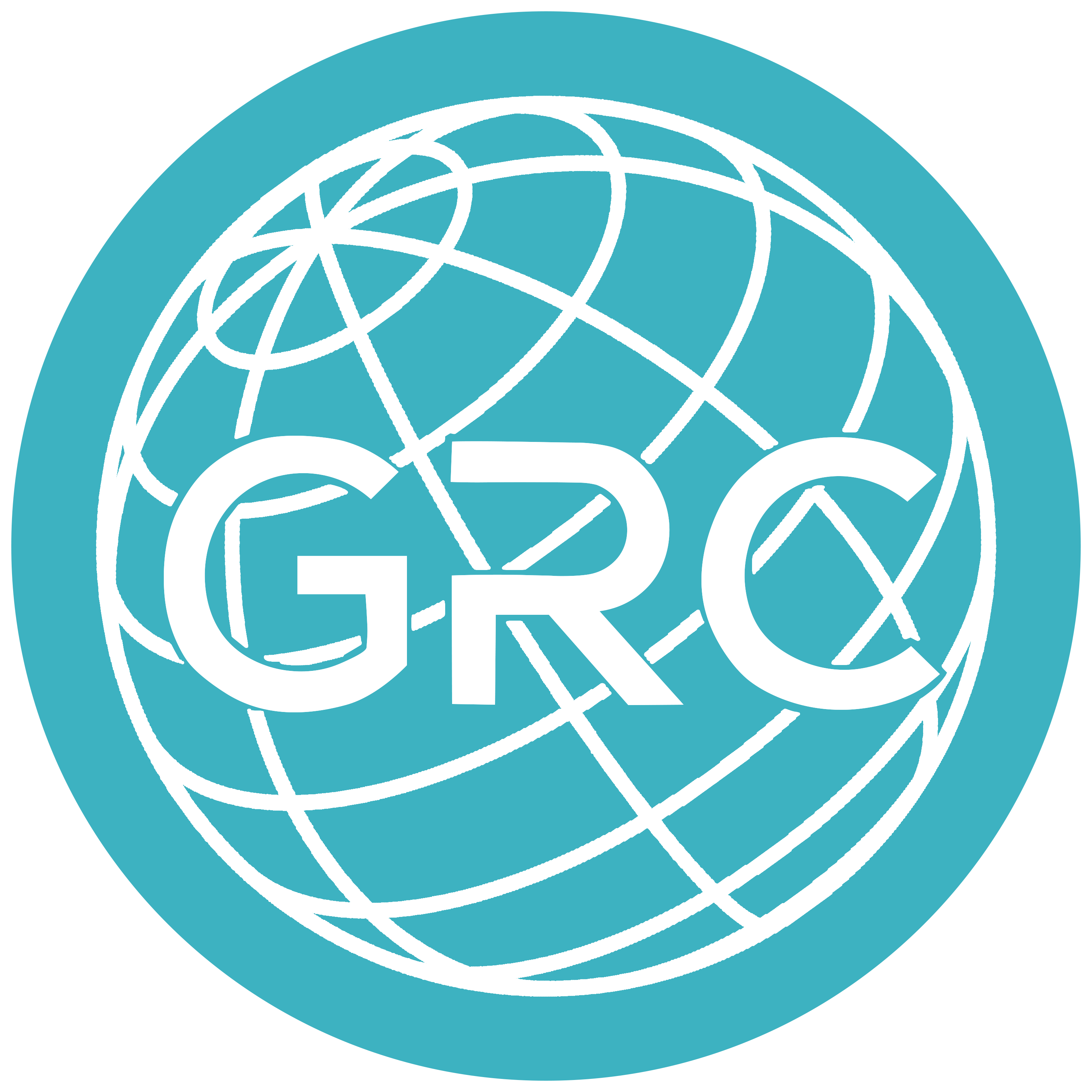Harnessing Artificial Intelligence for Sustainability
It is difficult to open a newspaper and not encounter a story exploring the potential applications of artificial intelligence in our future. Publicity aside, evidence reveals that artificial intelligence (AI) is already steering the direction of the global economy. From Netflix recommending your next binge-worthy series to Alexa creating the perfect musical ambience in your home, AI is quickly becoming ingrained in the fibers of our society. Observe, for example, the number of times America’s largest companies mention artificial intelligence in their 10-K filings.
AI is quickly becoming ingrained in the fibers of our society
What Does AI Mean for Sustainability?
Will AI drive immense technological change that empowers companies to reduce their carbon footprints, or will it result in a net decrease in sustainable outcomes? By evaluating the corporate sustainability disclosures released from the biggest global firms, we are able to glean insight into the role of AI in transforming sustainable corporate activity.
It is clear that AI is already impacting sustainable change as companies engage in efforts to increase efficiency while decreasing emissions, or innovate new products and services designed for today’s environmentally conscious consumer. While sustainable action in the corporate world is still in infancy, data indicates that AI can generate significant sustainable benefits in the medium-term.
AI is already impacting sustainable change
AI Opens the Door for Sustainable Headway
AI is giving companies the opportunity to improve their environmental and social impact. Take utility company Xcel Energy. Xcel has integrated its Texan smokestacks with advanced neural networks that quickly analyze data from the complex dynamics of coal combustion.
This information is used to create highly accurate recommendations about ways to adjust the plant’s operations to reduce dangerous emissions of nitrous oxide produced from burning coal while boosting efficiency. The International Energy Agency estimated that Xcel Energy’s intelligence control system could reduce nitrous oxide emissions by nearly 20 percent.Google also employed a machine learning model to further optimize its data center energy usage. The search engine giant utilized an artificial model to discover when and why certain processes occurred in their data center. Google was then able to identify options to reduce the amount of energy used to cool data centers by 40%, which benefited the planet and the company’s bottom line.
AI is giving companies the opportunity to improve their environmental and social impact
AI Poses New Risks for Sustainable Progress
Inferring from company disclosures, companies are eagerly applying AI technologies in their corporate strategies to capitalize on sustainable action and innovate for the future. However, the importance of assessing the risks inherent in these new advancements cannot be understated.
AI poses the risk of automated bias, which occurs when a machine identifies patterns in data and makes recommendations based on characteristics like race, gender, or age. Companies must be diligent in ensuring that their algorithms conduct analysis and make predictions with equity.
Another risk of implementing AI widely is the loss of jobs and spiking unemployment. Automation will replace 6 percent of all jobs in the U.S. by 2021, a recent report estimates, and further job loss is predicted in the medium term. This erosion of employment opportunity will breed an entire swarm of new sustainability problems and risks, few of which can be predicted.
Companies are eagerly applying AI technologies in their corporate strategies to capitalize on sustainable action and innovate for the future
Bottom Line
As artificial intelligence continues to expand its influence in our lives and economies, it offers a host of opportunities for accelerating our transition to a sustainable world. However, we must consider the risks rooted in these emerging efficiencies and technologies.
This is a guest contribution by Steffi Saxey



